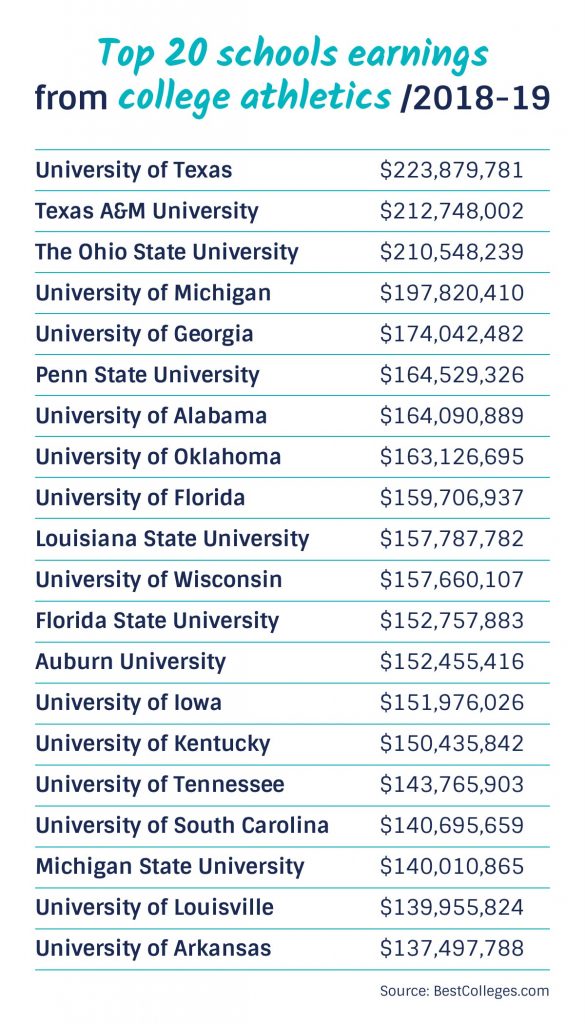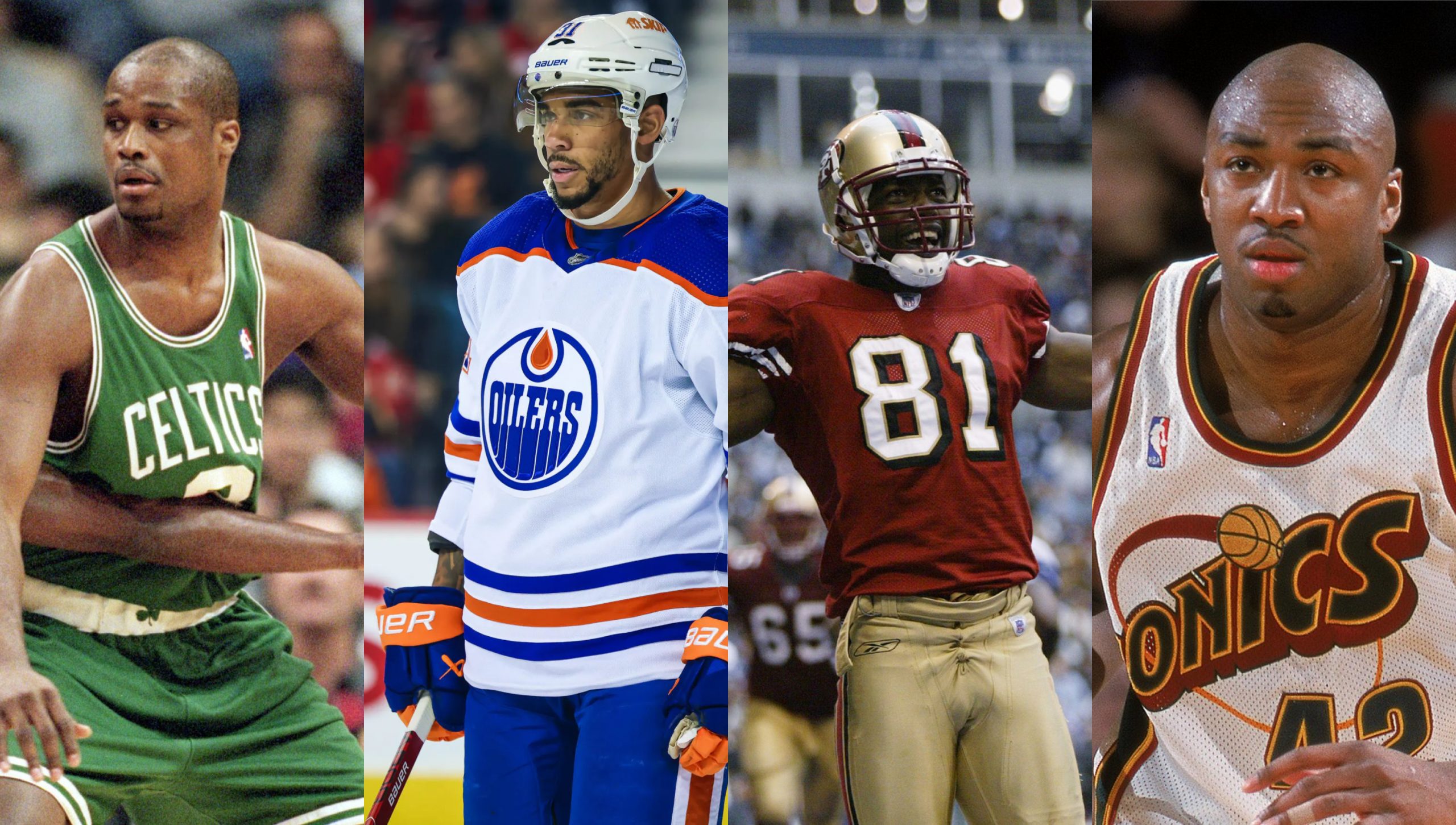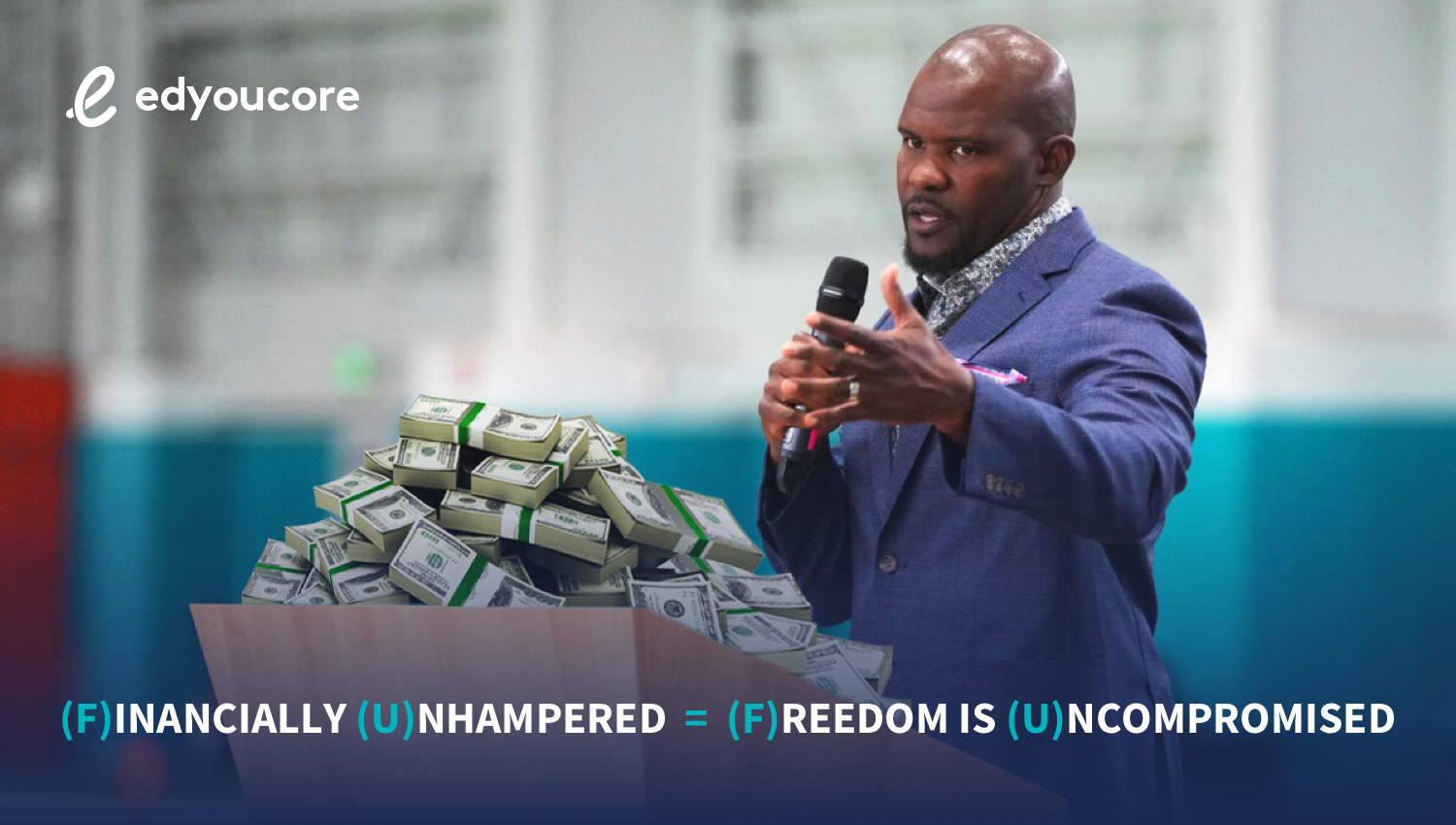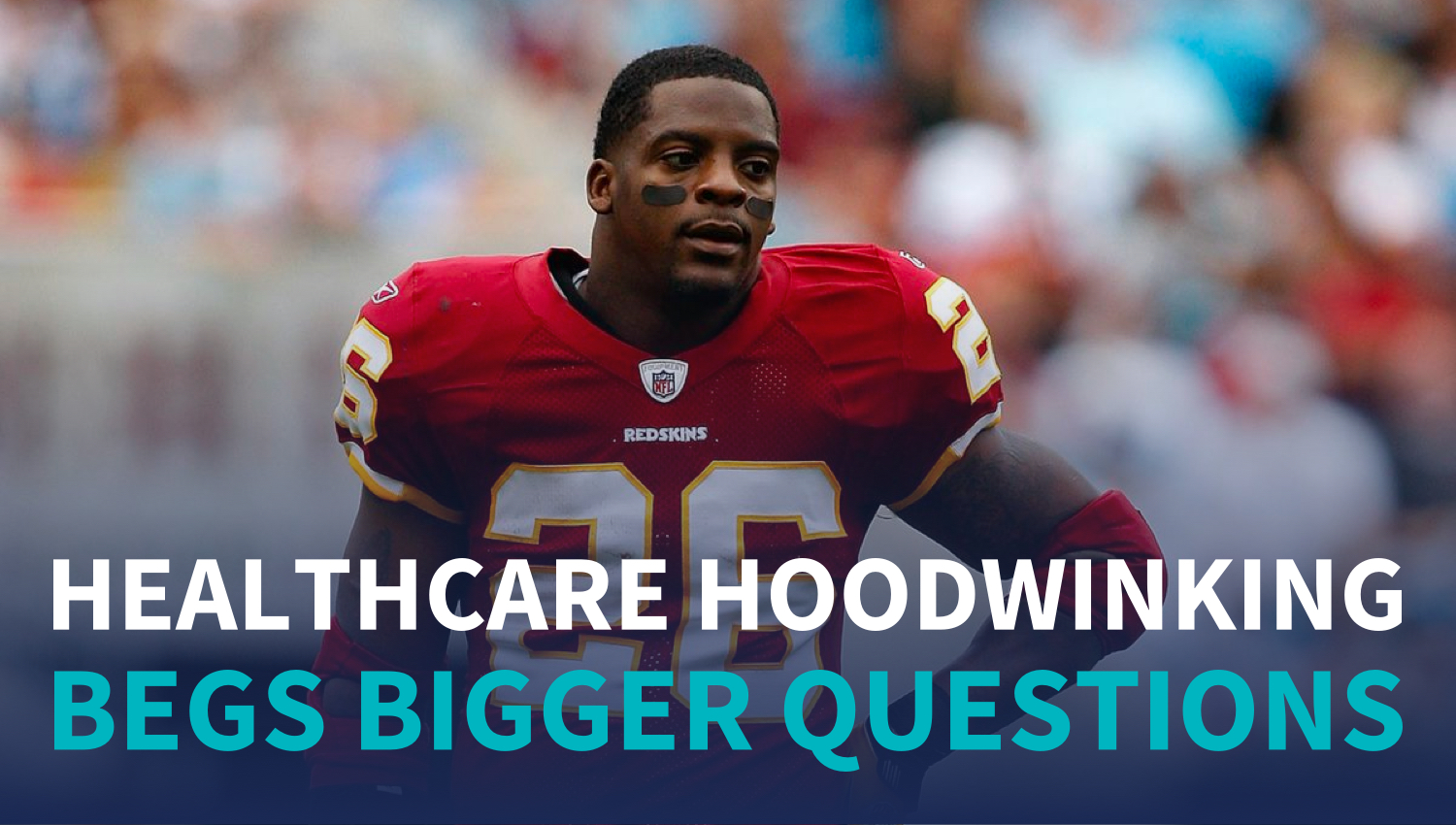NIL: Is it a Lifeline or Losing Proposition for Student Athletes?
July 19, 2021
As both states and colleges wrestle with the implementation of NCAA rules changes that now allow student athletes to make an income from their Name, Image and Likeness (NIL), a much larger question is coming to the forefront: What role will those states – and, more importantly –the educational institutions play in equipping their student athletes with the knowledge base that will most certainly be necessary to ensure the power of their earnings is fully realize?
Advocates of this David vs Goliath moment of change say its long overdue and only fair but you can’t discuss this topic without calling out the all-too-often shortcomings of next-level pro athletes who have and continue to make headlines when they lose their money before they even earn it.
Often the initial public response to this epidemic of a problem is a stern eye roll or head shake; how is it possible to lose more money than most Americans will see in a lifetime — sometimes in the blink of an eye?
So, if a lot of the “pros” can’t handle it – how do we expect kids in their formative years to successfully manage their own business, earnings, endorsements and the egos that can come with it all – on top of being a student?
Education. Plain and simple.
And, who better to promote such an endeavor than the institutions they play for. After all, education IS their business, right?
Yes – but guess what? This is all new to them as well. The flood gates have opened before their boats were in the water and they, too, are trying to navigate the new world just as much as their student athletes.
What could happen when big money Is put into play and not everyone is ready or educated? A lot.
The Possibilities of Payoffs and Pitfalls
Along with any change comes a bucketful of plusses and minuses – it’s how they are managed and mitigated that lays the groundwork for ultimate success.
The NIL legislation certainly offers up some real payoffs for the student athletes who do get to play in this space because there is the reality that a majority of them will never get “the call” to go pro. So, placing a price tag on their current-day NIL could lead to revenue streams that will allow them to pay for any part of their education not funded through scholarship, along with their living expenses, saving for the future, helping family, etc. After all, given the typical rigors of balancing school work with sports – many student athletes find little time to work outside of their
daily responsibilities. NIL rules now allow them to capitalize on their available time and use outlets like social media to earn a buck or two. It’s often pointed out that this is a just move given the hundreds of millions that the schools take in from sponsorships and ticket revenues that rest on the backs of these athletes. How can anyone argue against the change?

Most would say they agree with student athletes finally getting to nibble at the overstuffed pie that has only been offered to highly compensated coaches and athletic administrators, so what could make all of this a losing proposition? Let’s see:
● How much exposure to making big money negotiations, executing contracts, savings
and investments or long-term planning do these student athletes have?
● Do they know how much they will actually earn after taxes and middle-man fees?
● Is there a plan in place?
● Who is advising them and how are they selecting these advisers?
● Are the schools and states prepared to support them with resources?
● How do they sniff out the new “experts” who have emerged overnight that will promise to
oversee their NIL connections and sponsorships?
● Do they know how to budget big money?
● Do they know what questions to ask anyone looking to help or sponsor them?
As the lines of amateurism and professionalism are blurred, these are just a few of the important questions needing answers in order to make the NIL rulings a true winning proposition for any student athlete.
The umbrella answer for it all, again, circles back to education – unbiased, relatable, real and rooted in expertise.
#Edyoucore


